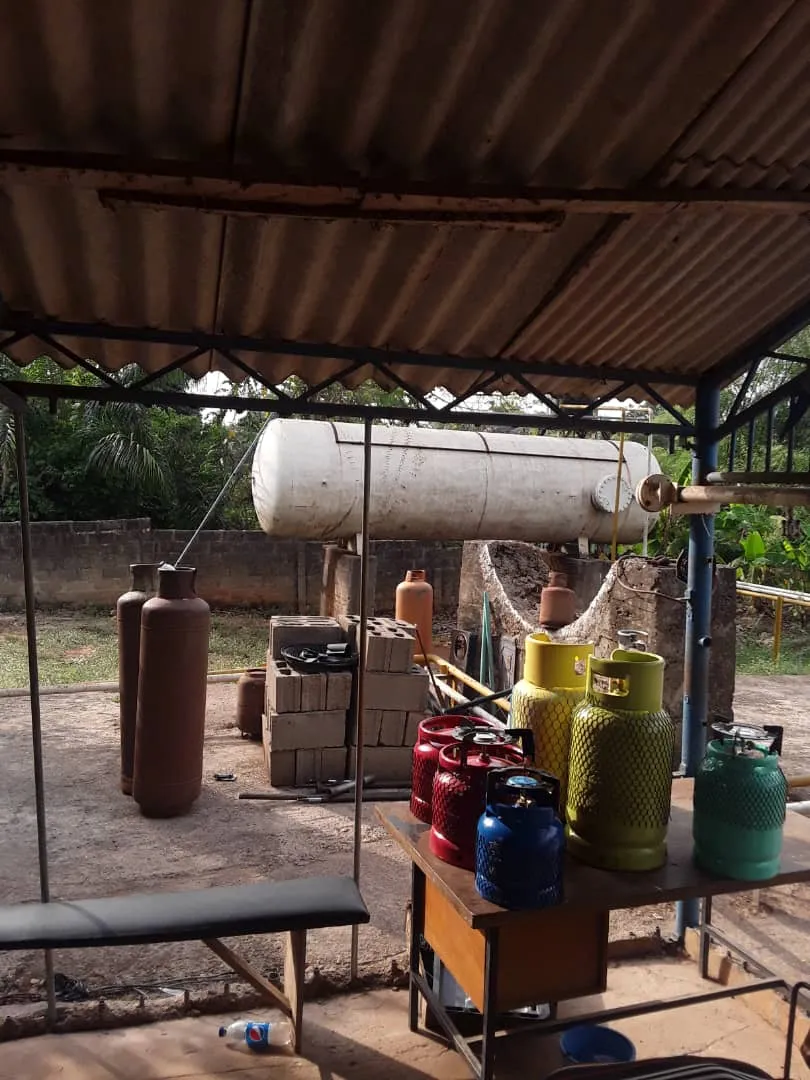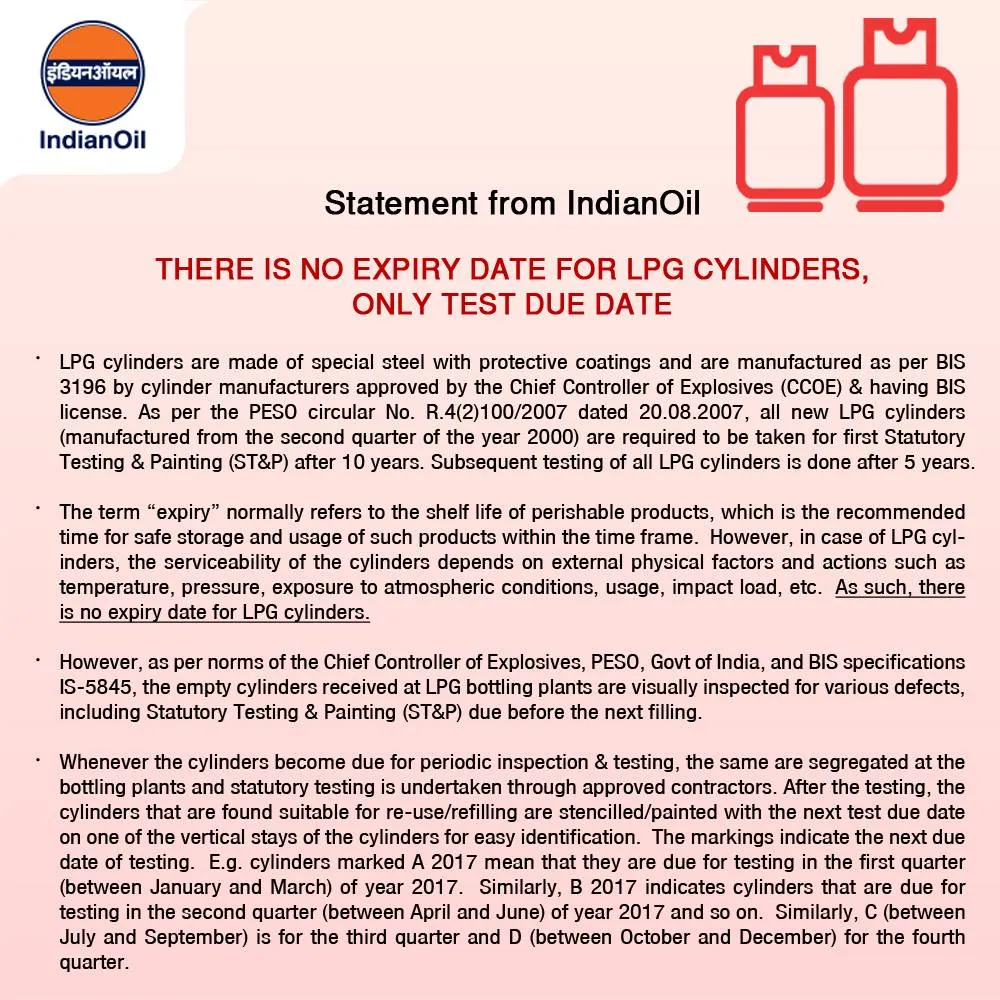Information is very key, only when it is right. Wrong information can cause a lot of problems, including the loss of precious lives. Since we live in an era of freedom of information which has led to the proliferation of censorship-resistant platforms, it is more pertinent to double-check information before one completely absorbs it into their unconsciousness. Misinformation is, however, not limited to decentralized platforms only as many existing platforms are still battling with the throes of false information.
Why am I ranting? A few years ago, a piece of information went viral on social media about gas cylinders and expiry dates. The information was actually more compelling because it was shared in relation to an incidence of a gas cylinder explosion in a particular home, which was attached as a video on one of the various social media platforms. A sample of one of the posts shared on Twitter can be found here, that of Youtube can be found here, and that of Facebook can be found here.

In all the sample posts about the subject shared above, one can see that they did not lack engagement. I cannot remember a situation in which any user opposed the message passed in the post, credence to the fact that many people bought into the theory of gas cylinder expiry. Subconsciously, the message also registered in my brain and I have always thought of gas cylinders of something that expire with time.
Yesterday, I went to refill my household's 12 kg capacity gas cylinder in a nearby gas plant. The vendor called my attention to the corroding base of the gas cylinder and what can be done to mitigate the corrosion. Then, it occurred to me that I have never tried to check the expiry date of the gas cylinder according to the message shared in the social media post. On second thought, I kept wondering what could make a product made entirely of metal expire with time. Is it that the atoms of the metal expire or what? Something did not sound right to me.
Then, I decided to do a little research on the subject of gas cylinder expiry. It was there I found that the notion has been dispelled a long time ago by Indian oil corporation in their message shared on Facebook below:

So, that ends all the brouhaha about gas cylinder expiry.
Gas Cylinders can still explode even without expiring
Even though it has been established that gas cylinders do not expire, the natural behaviour of gas molecules in relation to temperature means that extra care needs to be observed in dealing the metallic cylinders.
According to the kinetic theory of gases, gas molecules move faster and collide more often with an increase in their temperature. More collision of the molecules means that the pressure inside the cylinder will also increase. The more the temperature, the more the pressure.
Before the kinetic energy of the gas molecules inside a metallic cylinder would increase, it means that the cylinder itself would have been heated to a particular temperature such that heat is transferred by convection to the gas molecules. When the pressure rises beyond the maximum limit of the gas cylinder, an explosion will occur.
This is one of the reasons why I do not keep gas cylinders in the car trunk during hot days. I usually put cylinders in the back seat and try to return them back home as soon as possible. Keeping gas cylinders in the trunk during hot days can cause the temperature of the cylinder to go beyond the threshold which will cause explosions.
Contrary to what many people think, however, agitating gas cylinders can hardly lead to them exploding. Going by the internal pressure with which gas cylinders hold gases, it would be difficult for any agitation to cause a pressure build-up that will exceed the one being used to hold the gas. Agitation will cause gas molecules to hit against the walls of the cylinder but that cannot generate enough pressure to cause an explosion.
Final Note
In order to avoid accidental explosions of gas cylinders, keeping them where they will not get heated and where they will get adequate ventilation is very important. Once measures are put in place to avoid the temperature of the cylinder rising beyond normal, the chances of them exploding becomes very minimal.
Thank you for reading.